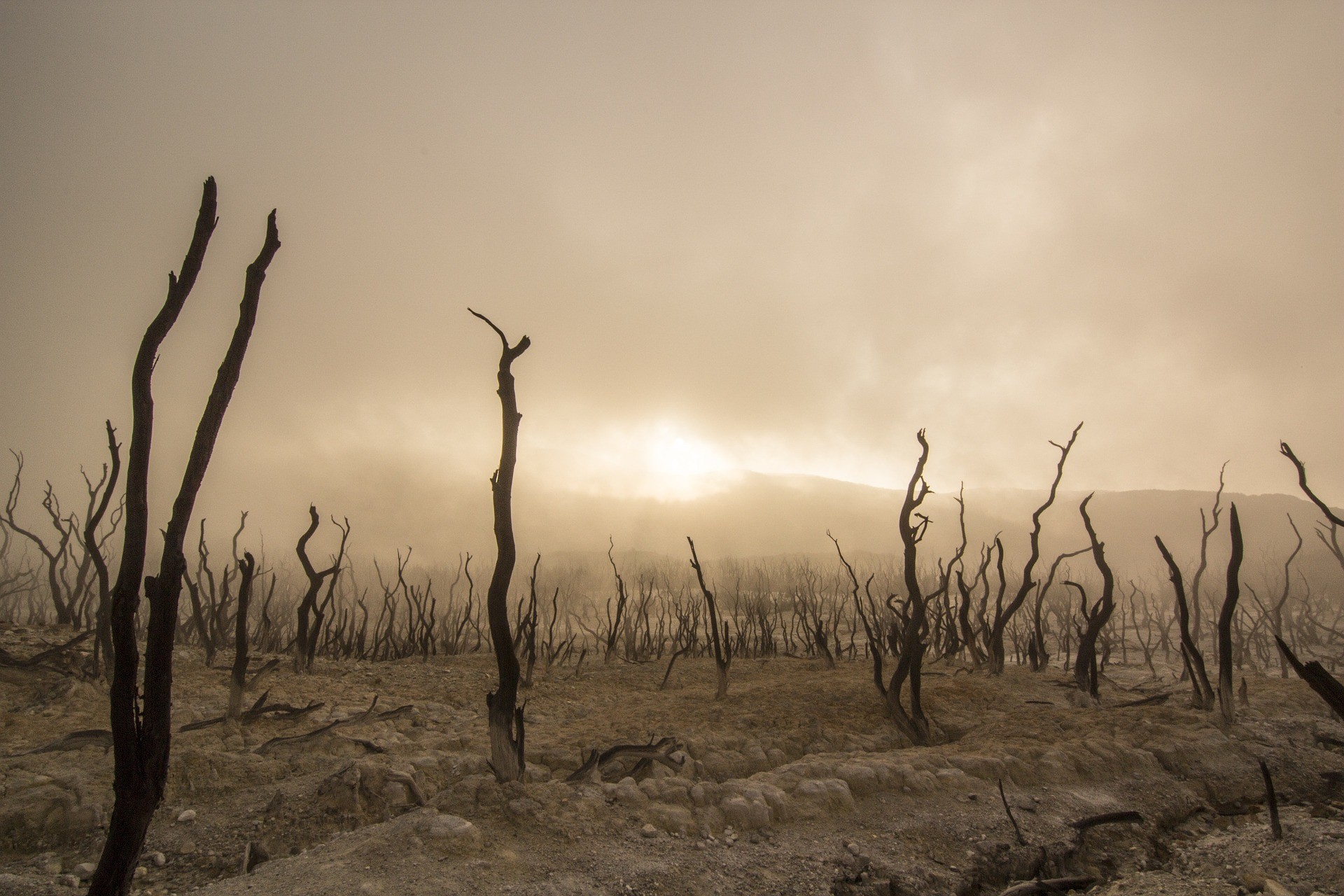It’s easy to feel secure about the world and everything in it. The circle of life revolves around a multitude of routines, from one’s daily visit to the cafe across the street to the seasonal changes across the globe. And routines have a way of leading to complacency.
In talking of a subject such as global catastrophic risk — extinction-level events that could spell the end of life as we know it — one tends to straddle the boundary between reality and science fiction, and the discourse around the subject may be culpable of fueling mass hysteria.
I intend to do neither. Nor will I make projections about humanity’s impending doom through extreme climate change, nuclear winter, or a pandemic. It is too vast a sphere to tackle in the space of one article.
No, I wish to address - rather candidly - our own attitudes towards such scenarios and touch upon the biases inherent in our nature that keep us from taking them too seriously.
Simply put, there's something wrong with the way we think of macro-level catastrophes that could occur.

The debate on climate change and the realization that global warming is taking effect decades ahead of scientific projections (bye-bye, polar bears), has transformed the issue of a global catastrophe from an existential crisis to a very real one.
Voices grow stronger on the need for a supranational authority that could decide on and enforce mitigation measures against climate change, disarmament tribunals that further reduce or eliminate national nuclear arsenals, and governments that pull the plug on tax benefits to oil, gas, and coal corporations.
Yet these voices speaking against climate change remain spikes on the chart, surges of frenetic activity that are an exception to the rule. The impact of environmental activism, for instance, changes drastically as you go from West to East, where it is still largely considered a fringe movement. Hardly what you’d call collective action on a global scale.

Worrying about the planet is like watching toenails grow. It’s hard to stay focused on something so gradual and unhurried — until of course, it breaks during your morning run.
Moreover, global catastrophes do not function in the linear manner our brains are optimized to understand. According to an issue by the Global Challenges Foundation published in 2017, “[...] most of our challenges are non-linear: beyond a certain threshold, change is sudden, rapid, and sometimes exponential.”
Thus our cognitive biases come into play every time we think of such events. Our brains are tuned to completely ignore or overplay events based on probabilities. Hence the spikes on the chart.
That nuclear weapons exist with the ability to destroy human life several times over is a fact. That greenhouse gas emissions have a direct correlation with temperature rise and consequent global warming to uninhabitable levels is a fact. That pandemics have and can eliminate millions, especially in a contemporary society with unprecedented cross-migration levels is also a fact.
According to a survey conducted by The Independent, of over 8,000 people from eight countries, a vast majority approves a world government to protect humankind from global catastrophes and is willing to make radical changes to their way of life in order to prevent risks like climate change.
But unless we’re able to recognize our own cognitive bias, separate fact from hyperbole, and act locally whilst holding our lawmakers’ feet to the fire to take preventive action, we will stay trapped in routines until none remain.




